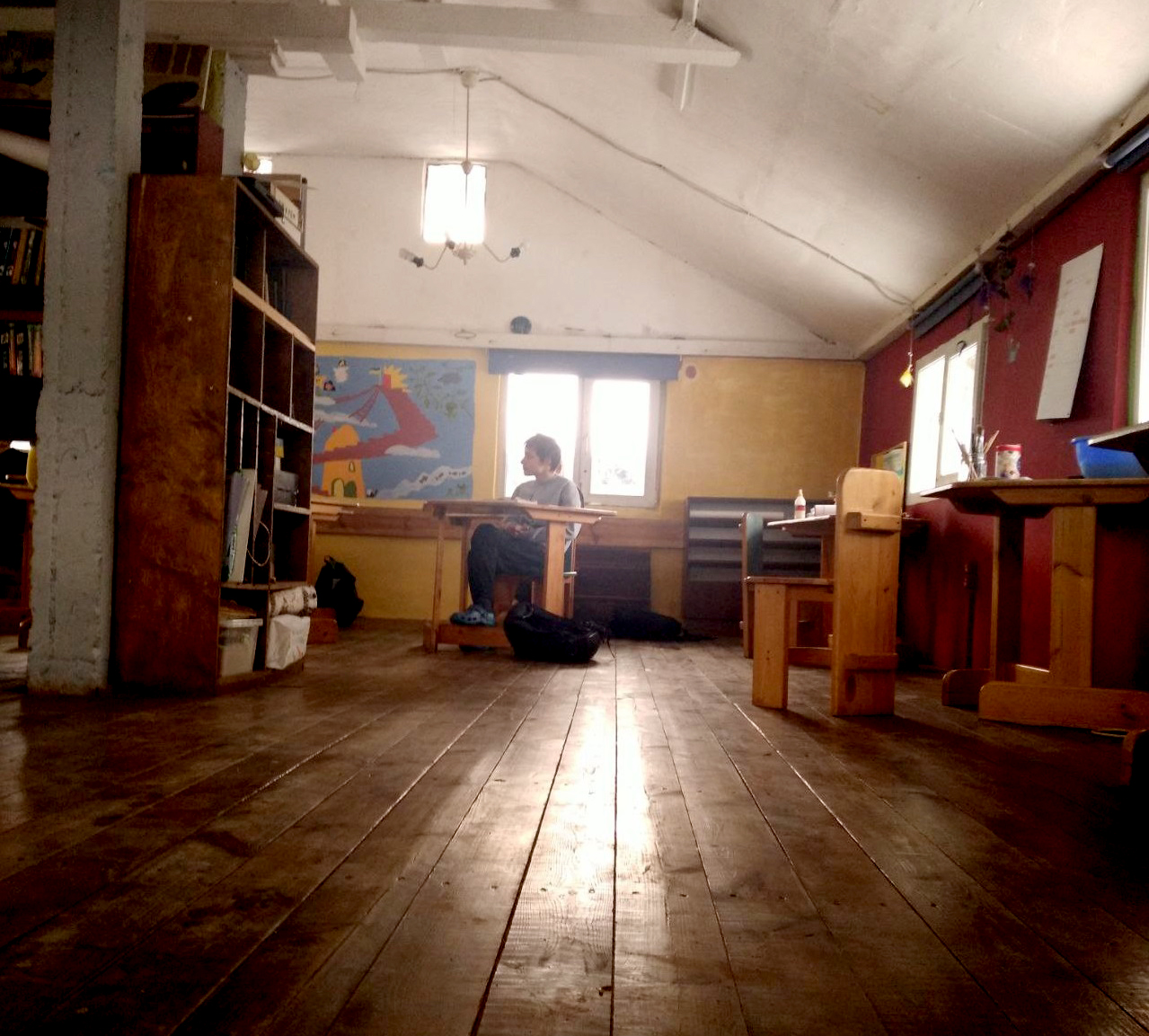
The project aims to enhance the professional potential and skills of presenters, editors, and journalists from Ukrainian radio channels in both Kyiv and the regions.
As part of the project, an online training programme was conducted with the participation of a BBC expert and Ukrainian professionals.
Skills for Radio Docs
The project aims to enhance the professional potential and skills of presenters, editors, and journalists from Ukrainian radio channels in both Kyiv and the regions.
As part of the project, an online training programme was conducted with the participation of a BBC expert and Ukrainian professionals.
The training covered various topics, including quality criteria for a good documentary product, how to work with archival data and historical material, working in wartime without burning out from emotional topics, presenting complex topics without traumatising the audience or characters, and talking about tragic events with eyewitnesses correctly.
The programme participants received mentoring support to create their own radio documentary projects.
Louise Cotton, a documentary journalist with 30 years of experience, led the training. She has worked as a programme editor at BBC Radio 5 Live and senior manager at BBC News. She left the BBC in 2009 to work as an executive producer for various documentaries projects. In 2021, she created The Exchange, a documentary work for BBC Radio 4. Louise has produced documentaries for the BBC World Service, BBC Radio 5 live, BBC Radio 4, Amazon-Audible, and iheartmedia in the US and Australia. She also trains documentary programmers and producers and has worked with organisations such as BBC English Radio, Jil FM in Algeria, and Hromadske Radio in Ukraine.
Oleksandr Zinchenko, a historian, publicist, journalist, and co-founder of the Historical Truth project, was also involved in the project. He is the author of the idea and scriptwriter for the documentary series Collapse and the host of the television project Disclosed History. He also authored the first book presenting the Ukrainian vision of the Katyn crime, called The Parrot’s Hour.
Anastasia Nizhnik, a psychotherapist and cognitive-behavioural therapy counsellor, was also part of the project. She is a co-founder of the Resilience Hub platform and the BrainCult mental health centre, and a member of the Ukrainian Association of Cognitive Behavioral Therapy. She has developed mental health programs and volunteers at the psychological crisis service for the military.
Four documentary radio programmes were produced and broadcasted on Radio Kultura, namely:
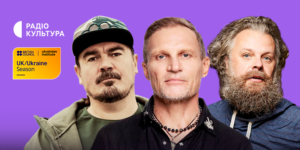
A radio documentary project about how the Ukrainian music community is fighting for our victory on all possible fronts. It featured stories of choice and victory, new creativity, and impact.
One Day in the Life of a Teacher: Big Victories in a Small School
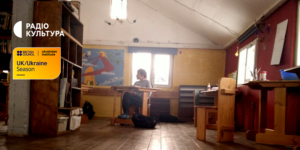
Radio Kultura journalists Maryna Liuta and Ana More, together with Ukrainian Radio journalist Roman Kot, spent a day at school observing the educational process that is not stopped by air raids, power outages, or other challenges faced by teachers and students during the war.
Ukrainian Sparkling Wine: We Know How to Walk Around It
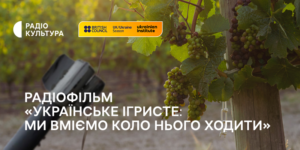
This documentary explored sparkling wine as a symbol of the anti-colonial struggle and how the Kherson region, where grapes for Ukrainian sparkling wine ripen, has been able to overcome occupation and Russian aggression.
Photos of War. Stories from Behind the Frame
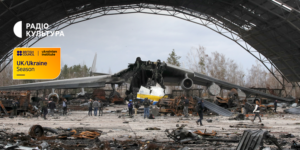
The Russian invasion of Ukraine has been documented in thousands of photographs, but there are some that have shocked the world by showing the real scale of crimes and tragedies. In the project, famous photographs became a meeting point for people, stories, and events that preceded, occurred simultaneously with, or are still ongoing. Each series tells not about the photo, but about what was happening at the time of the shooting, and the characters recall what we cannot see in the photo.
- Episode 1. Dream. Destroyed but not destroyed
- Episode 2. Zhytomyr highway
- Episode 3. A cupboard from Borodianka
- Episode 4. A young lady in red
The project also purchased equipment for radio programme production. As a result of the project, 21 training participants can continue to work with radio documentaries, having strengthened their soft skills and mastered new technical skills.
To stay updated with further developments of the project, visit the page.

